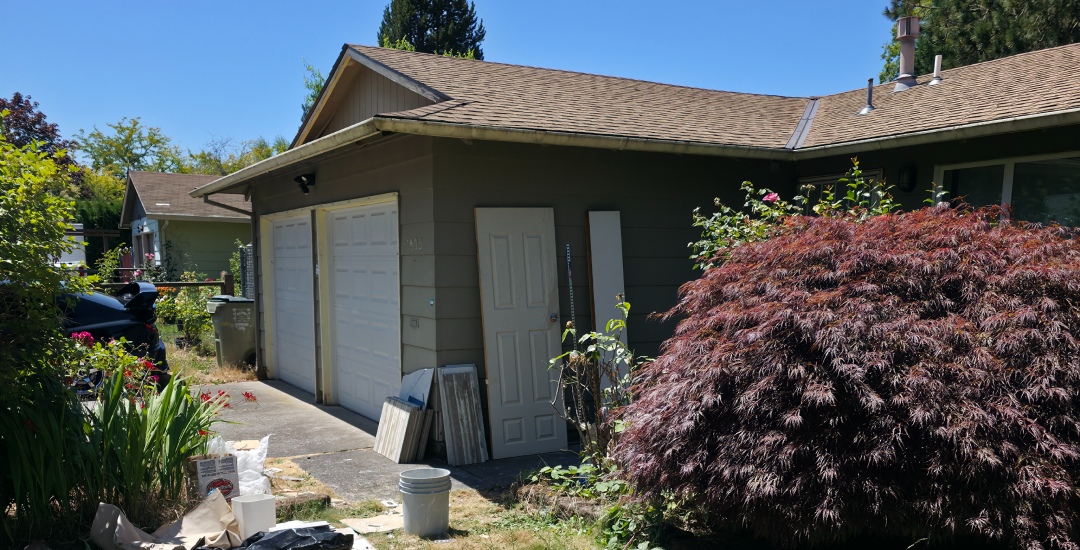Best Practices for Walkway Design and Safety
Creating a safe and visually appealing walkway is essential for any property. At Green O Construction, we understand that walkways not only guide visitors but also enhance the overall curb appeal of your home or business. Proper walkway design focuses on durability, safety, and aesthetics, ensuring that every step your guests take is secure and enjoyable.
Choosing the Right Materials
Selecting the right materials is the first step toward a safe and long-lasting walkway. Popular options include concrete, stone, pavers, and brick, each offering unique benefits. Concrete and pavers provide a smooth, slip-resistant surface, while natural stone adds a timeless charm. At Green O Construction, we recommend materials that complement your property’s design and withstand the local weather conditions for years to come. For a deeper dive, check out our blog on Pavers vs. Concrete Driveways: Which is Best for Your Portland Home.
Proper Walkway Width and Accessibility
Safety begins with proper spacing. Walkways should be wide enough for comfortable passage—ideally three feet for residential areas and at least five feet for commercial or high-traffic spaces. Ensuring accessibility for all, including wheelchair users, is also crucial. Planning pathways with gentle slopes, smooth surfaces, and ADA-compliant design promotes safety and inclusivity.
Lighting and Visibility
Walkway lighting plays a critical role in preventing accidents, especially during evenings or in dimly lit areas. Low-level lighting along edges, motion-sensor lights, and reflective markers improve visibility and help guests navigate safely. Lighting also enhances the beauty of your outdoor spaces, complementing other improvements such as Additions or Interior Exterior Painting.
Drainage and Slope Management
Proper drainage is key to preventing water accumulation, which can lead to slippery surfaces and long-term damage. Walkways should have a gentle slope—usually 1–2%—to direct water away from the path. Incorporating effective drainage solutions ensures that your walkways remain safe and functional throughout the year.
Incorporating Edging and Borders
Defined edges keep materials in place and maintain a tidy appearance. Options such as concrete curbs, metal or plastic edging, or landscaped borders help prevent erosion and keep pedestrians on the intended path. For additional durability and design ideas, explore our blog on The Complete Guide to Hardscape Design and Installation in Portland, OR.
Safety Features and Maintenance
Non-slip surfaces, handrails for sloped areas, and clear signage are essential safety features. Regular maintenance, including inspections for cracks, loose pavers, and debris removal, ensures that walkways stay safe and functional. At Green O Construction, we offer expert services like Roof Repairs and Roof Maintenance, emphasizing that safety and durability matter for every part of your property—from roofs to walkways.
Enhancing Your Outdoor Living
A well-designed walkway seamlessly integrates with your outdoor spaces. Combining your paths with landscaping, patios, and other features enhances both safety and aesthetic appeal. For inspiration, check out our blog on How Patio and Walkway Installation Enhances Outdoor Living in Portland, OR.
Conclusion
Safe and attractive walkways are more than just paths—they are an investment in your property’s functionality and beauty. Following these best practices in walkway design ensures long-lasting durability, enhances curb appeal, and keeps every visitor secure. For professional guidance and expert installation, reach out to Green O Construction today and let our team transform your walkways into safe, elegant, and lasting features.


